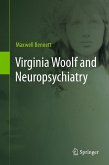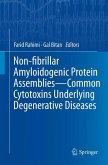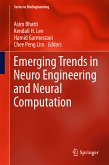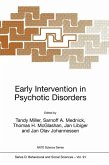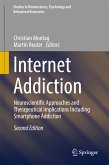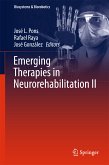Throughout, the contributors make clear that education is more valuable to understanding--and preventing--substance abuse than are prohibition and zero-tolerance thinking.
Included among the topics:
- Cognitive development, learning, and drug use.
- Neurobiology of the action of drugs of abuse.
- Findings in adolescents with substance dependence based on neuroimaging tests.
- Alcohol abuse in adolescents: relevance of animal models.
- Effects of chronic drug abuse on the chronobiology of sleep in adolescents.
- Neurological and cognitive disorders arising from the chronic use of drugs of abuse.
The multiple lenses for understanding its subject and the sensitivity with which causal nuances are treated make Neuroscience of Drug Abuse in Adolescence an invaluable resource for clinical and child psychologists, psychiatrists, social workers, and addiction counselors.
Dieser Download kann aus rechtlichen Gründen nur mit Rechnungsadresse in A, B, BG, CY, CZ, D, DK, EW, E, FIN, F, GR, HR, H, IRL, I, LT, L, LR, M, NL, PL, P, R, S, SLO, SK ausgeliefert werden.
"This text reviews research on adolescents and drug abuse from the perspective of developmental neuroscience. ... The text provides a useful summary for researchers interested in neurodevelopment and substance abuse by adolescents. ... The text would be of interest to neuroscience professionals, but especially those who employ the latest imaging techniques in their own research. ... For prevention and treatment professionals, the text will open eyes and stimulate thinking about traditional preventionand treatment policies and methods." (James M. Topolski, PsycCRITIQUES, Vol. 60 (52), December, 2015)



